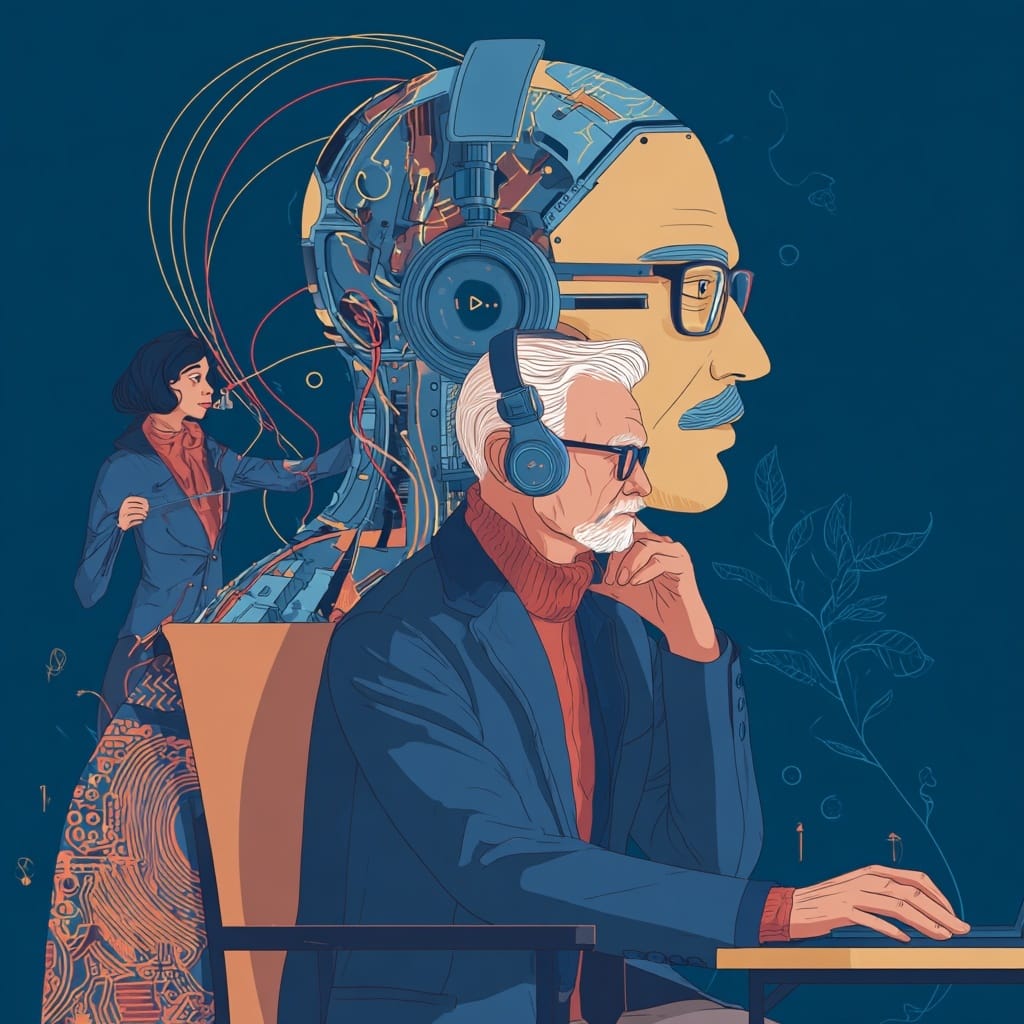Your Chatbot Therapist Is Listening. But Who Else Is?

The Algorithmic Couch, Part 1: Your Chatbot Therapist Is Listening. But Who Else Is?
In the search for accessible mental health support, millions have turned to AI chatbots. These digital tools promise a confidential, stigma-free space to discuss our deepest anxieties. But as we pour our hearts out to an algorithm, a critical question emerges: who is actually listening? The answer is far more complicated than you might think. While we assume these conversations are protected by the same ironclad confidentiality as a human therapist, the reality is a legal gray area that leaves consumers dangerously exposed.
The HIPAA Illusion
Most of us associate health data privacy with HIPAA (the Health Insurance Portability and Accountability Act). This landmark law is the bedrock of patient confidentiality in the U.S.. If a hospital or your doctor's office provides you with a mental health app, that app and its developer are bound by HIPAA's strict rules. They must sign a Business Associate Agreement, legally obligating them to encrypt your data, control access, and maintain audit trails.
Here’s the loophole: The vast majority of mental health apps are downloaded directly by consumers from app stores. In this direct-to-consumer model, the developer has no relationship with your doctor or a hospital. Therefore, they are not considered a Covered Entity or Business Associate, and HIPAA does not apply.
Think about that.
The sensitive data you share—about your depression, your relationships, your suicidal thoughts—is not legally considered Protected Health Information (PHI). It can be collected, analyzed, and even shared with third parties like advertisers without violating HIPAA.
The FTC Steps In
Into this regulatory void has stepped the Federal Trade Commission (FTC). Using its authority to police unfair or deceptive acts, the FTC has become a de facto privacy enforcer for the digital health world.
The agency's powerful tool is the Health Breach Notification Rule (HBNR). This rule requires non-HIPAA covered apps to notify users of any breach of security. Crucially, the FTC defines a breach not just as a hack, but as any unauthorized sharing of user data. An app that shares your mental health journey with an advertiser without your explicit consent is committing a reportable breach. Through significant enforcement actions, the FTC is sending a clear message: your privacy policy is a binding promise, and breaking it has consequences.
A Patchwork of Protection.
To complicate matters further, developers must also navigate a maze of state-level laws. A state like Florida, for example, has its own robust data breach law (FIPA) that explicitly includes mental health history as protected personal information and mandates a strict 30-day notification timeline for breaches. This creates a two-tiered system where the privacy of your mental health data depends not on its sensitivity, but on the business model of the app you use and the state you live in.
It’s a confusing and risky landscape for the very people these apps claim to help. In our next edition, we’ll explore another critical legal question: Is your chatbot a wellness tool or a regulated medical device? The answer determines whether it needs to be proven safe and effective before it ever reaches your phone.